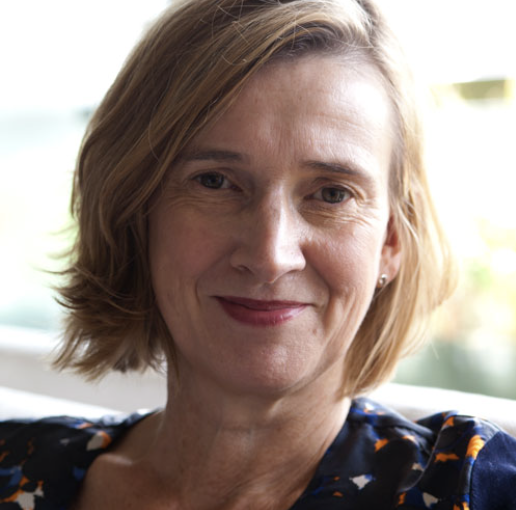How much can we ever really know about our parents is at the core of The Mothers I Might Have Had, a beautifully produced book published by Dewi Lewis Publishing this month. Ostensibly a photographic book, however, therapists in particular will find it offers much more than a visual treat.
When artist and writer Caroline Furneaux's father, Colin, died suddenly in 2011, she discovered an archive of 35mm slides that he had shot during the 1960s. They were beguiling series of beautiful women photographed in idyllic locations, mostly in Sweden where he was working and living. It was during this time that he had first met Furneaux's Swedish mother, Barbro, yet hardly any of the photographs were of her.
Who were these women? Were they all past girlfriends? For Furneaux, they evoked off-duty film stars from a bygone era. They were everyday goddesses encapsulating the essence of youth and Scandinavian summers: short and intensely sweet. Family members were not able to help Furneaux identify the women in the photographs so she began writing her own responses to the images creating names and characters for them, weaving them through with memories from her own childhood and recollections of summers spent in Sweden.
The Mothers I Might Have Had develops into an intense exploration of Furneaux's relationship with her father. Her experience of a rather uptight man in middle age who had the same sandwich every day for lunch, fell away as she examined his photographs of his past girlfriends. The younger man's carefree, even racy, persona disrupts Furneaux's memories.
Her close focus on, and crops of, his photographs prompt sensual reminders from her own childhood with sounds and many smells mackerel, poplars evoked. There are the shoes she recognises as her father's when he's dressed up as Santa. Playfulness existed between them when she was young but appears to dissolve into 'incandescent' rage as Furneaux stood on the cusp of marriage. Poetic, tender and questioning, the book is part memoir as the images shot through her father's lens are altered by Furneaux's own.
As children we seldom have access to our parents' inner worlds, and our perception of them is fixed by our own experience. In The Mothers I Might Have Had form and content merge. Furneaux, through use of close ups and elliptical prose, underlines the necessarily fragmentary nature of knowledge of our parents.
This book brought to mind the 2023 film All of Us Strangers directed by Andrew Haigh and starring Andrew Scott and Paul Mescal. It shares with the film a longing to get back in step with a dead parent or parents, to have a second chance and greater knowledge than we were afforded as children about their motivations, their relationships.
Furneaux, like Haigh, knows that art allows the creator to relive some experiences with dead parents and live them differently and better. There was humour and sadness in both Haigh's film and Furneaux's book, an unsettling feeling of loss and grief pervades them both despite Furneaux's more upbeat ending. Perhaps this is why it struck me that this carefully crafted book could prove a useful tool for many therapists.
Camilla Nicholls is a verified Welldoing online psychotherapist

